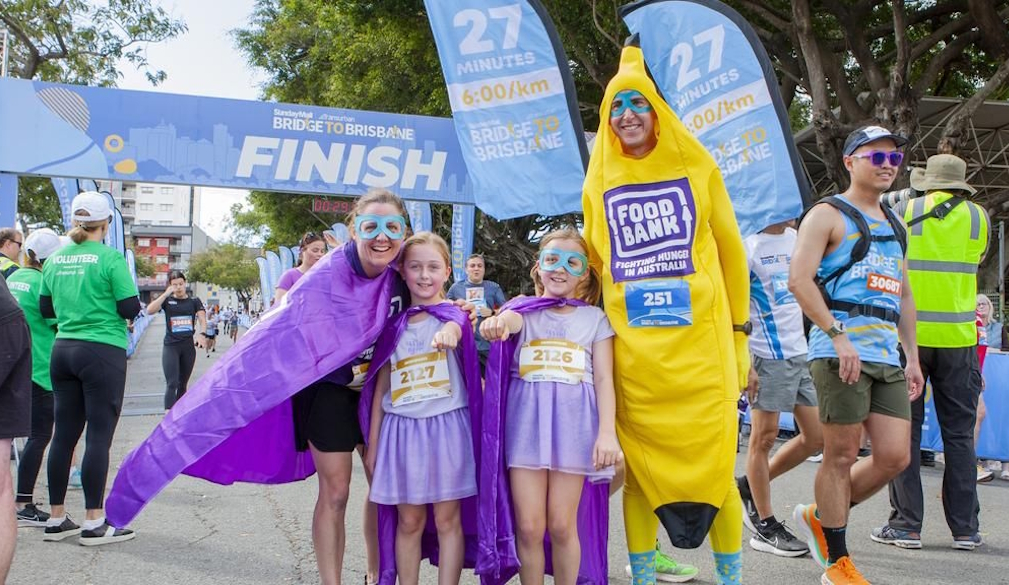The arts are being sidelined in the cost of living crisis. It’s time we stopped framing them as a luxury
- Written by Tully Barnett, Associate Professor of Creative Arts, Flinders University

The cost of living crisis undermines the right to participate in cultural life. Australia’s federal cultural policy, Revive[1], acknowledges and even celebrates
the entitlement of all Australians to have access to culture (a liberty […] enshrined in Article 27 of the Universal Declaration of Human Rights, to which Australia is a signatory).
Currently, however, that right is threatened by the cost of living crisis. This crisis cuts in several directions, affecting the community’s capacity to access art, as well as artists’ and organisations’ capacity to make it.
Mounting pressure
The long and growing list of cancelled music festivals[2] is only one example of how the cost of living crisis is taking a toll Australia’s arts and culture sector, affecting both creators and consumers.
In most cases, these festivals have been cancelled as a result of the rising costs of delivering festivals[3], including production and travel costs, the risk of adverse weather events and other insurance costs that have been pushing prices into the realm of impossibility.
Last year, data released by audience research company Patternmakers[4] showed somewhat of a rebounding of audience numbers from COVID levels, which was promising. But it also revealed the stark effect cost of living pressures were having on audiences, the majority of whom identified finances as the biggest factor limiting their ticket purchasing.
How spending is changing
Having access to diverse art forms and culture is a cultural right which, as research shows[5], strengthens communities and provides people with a range of wellbeing benefits. A lack of access is therefore detrimental to all of us.
But it becomes difficult for the sector to provide these benefits in a cost of living crisis, which comes on top of more than three years of COVID-related disruption and the effects of platformisation (such as through Spotify and Apple Music in the music sector).
These changes have been felt across the industry – from music festivals and major arts institutions, to independent companies and galleries, to musicians, artisans and digital artists.
And while the mad rush to secure Taylor Swift tickets[6] last year revealed there is still demand for large-scale, high-cost events, this inevitably comes at a cost to Australian artists.
In their 2021 report, Creativity in Crisis[7], researchers Alison Pennington and Ben Eltham made a strong case for requiring Australian content quotas on streaming platforms. This would create more work for the local industry and boost platform audiences’ access to Australian content.
A compounding crisis
Australia’s artists have experienced hardship after hardship over the past decade – from austerity politics, to cuts to the Australia Council[8], to the impact of the pandemic and lockdowns. New data from researchers David Throsby and Katya Petetskaya[9] show just how bleak the recompense for artists is.
Underpinning all of this has been an ongoing misattribution of the value of arts and culture to the economy. This misattribution not only effaces the full, diverse and rich value of the arts, it also leads to growth agendas that further harm the sector.
Festivals, for example, are under constant pressure to top last year’s numbers. A sustainable future requires finding different markers for success other than just growth.
For artists, the cost of living crisis doubles as a wellbeing crisis, as they are more likely to experience[10] housing and financial stress and a lack of access to health services.
In this respect, it is also a cost of making crisis. Many artists rely on short-term funding in the form of grants or fellowships for their livelihood. Higher costs of living could stop them from meeting project outcomes.
Artists submit project budgets with grant applications which, if they’re lucky, are deemed successful several months later. They then wait for contracts to be ready and wait some more to receive the funding. During this time, inflation can significantly increase the costs associated with the artmaking.
They then have to choose between not meeting the brief of the project as it was initially funded, or reducing their artist fee, which is their wage for doing the project. If this happens too many times, their wage can dwindle to zero.
Beyond the fact artists need to be paid for their work, this precarity also affects the public’s access to the arts.
So what can be done?
Rather than framing the arts and cultures sector through (unsustainable) growth agendas, it should be understood as part of the foundational economy[11]. This means acknowledging the arts and culture as foundational components[12] of society, just as we do with education, health and telecommunications.
It means having sustainable development goals[13] and framing the arts as something that serves people and the planet (and not big businesses).
Practically, we could start by implementing policy programs such as universal basic services[14] or universal basic income for artists, introducing job guarantees for artists, and holistic evaluation frameworks that prioritise the arts’ social and cultural value over its economic impact. These updated frameworks could then be used to evaluate outcomes moving forward.
Between a lack of funding, COVID lockdowns and now the cost of living crisis, Australia’s arts and culture sector has taken a beating. Bringing it back to life will require a prompt, collective reevaluation of what it means to us and whether we can afford to live without it.
References
- ^ Revive (www.arts.gov.au)
- ^ cancelled music festivals (theconversation.com)
- ^ delivering festivals (creative.gov.au)
- ^ Patternmakers (www.thepatternmakers.com.au)
- ^ shows (theconversation.com)
- ^ secure Taylor Swift tickets (theconversation.com)
- ^ Creativity in Crisis (futurework.org.au)
- ^ cuts to the Australia Council (theconversation.com)
- ^ David Throsby and Katya Petetskaya (theconversation.com)
- ^ more likely to experience (creative.gov.au)
- ^ foundational economy (foundationaleconomy.com)
- ^ as foundational components (manchesteruniversitypress.co.uk)
- ^ sustainable development goals (theconversation.com)
- ^ universal basic services (neweconomics.org)













